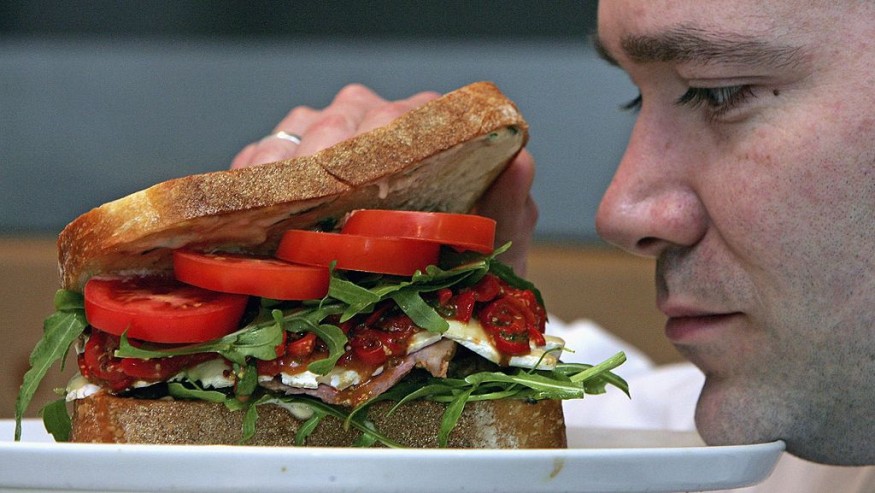The way we perceive food affects our eating habits. This means a positive relationship with food is necessary to have good eating habits. According to Intermountain Healthcare, research suggests that up to 50% of Americans have a "disordered" relationship with exercise, their body, and food.
Our bodies need food to function and be healthy. However, when eating becomes a source of shame and fear, an unhealthy relationship with food is formed. In addition, the Health Line states that building a good relationship with food is not something that can be achieved overnight.
Assessing Your Relationship With Food
The first thing that you need to find out is how you perceive food. Do you see food as the enemy that either causes weight gain or weight loss?
A Registered Dietitian at TOSH, Kary Woodruff, says that the answers to these questions can be elements of what food means to us. She adds that if we develop a broader perspective of food, we can improve our relationship with it.

A perfect example is if we view food as something that nourishes us and gives us the energy to enjoy our day-to-day life, we can improve our relationship with food.
Tips To Have A Good Relationship With Food
Once you know how you perceive food, you can take steps to develop a positive relationship with it. Here are several tips for you to achieve a good relationship with food.
1. Give yourself permission to eat.
Allowing yourself permission to eat is one sign of a good and healthy relationship with food. You are setting yourself up for hunger, deprivation, and fear of food once you start creating rules on which food you can and can't eat.
Remember that your body deserves food no matter the time of day or situation.
2. Eat whenever you feel hungry.
Each of us has the natural ability to regulate our hunger. This can be observed in kids who can easily tell when they are hungry or full. Unfortunately, we tend to lose this ability as we age.
The best thing you need to do is to get back to listening to your natural hunger cues. This will help you regulate your appetite and manage your food intake.
3. Make mindful eating a habit.
This practice involves eating at the moment and being fully present for the experience. It is the cornerstone of fixing a bad relationship with food.
This also allows you to make gentle observations like knowing the food's taste and texture and how your hunger and fullness cues change.
Savoring the food you're eating and learning to slow down can help you understand which foods you genuinely enjoy.
4. Welcome all kinds of food.
Avoid labeling food as good or bad. Indeed, some food items are more nutritious than others, but when you tag food as "bad," you automatically see it negatively.
Sadly, the moment you tell yourself you can't have something, the more you'll want it. On the other hand, when you allow all foods into your diet, you can better control your intake since you know these foods are always available.
5. Enjoy your food.
Avoid being so uptight and start enjoying your food more. Forget about justifying your food choices for you to feel good.
Related article: Goodbye Facial Hair, Hello Free McRib!




